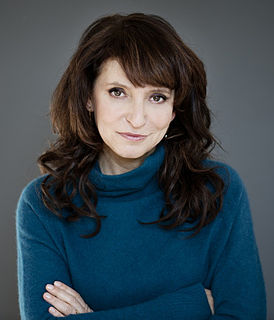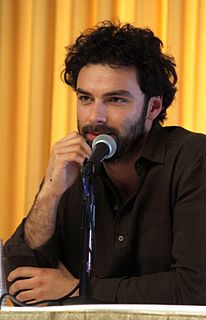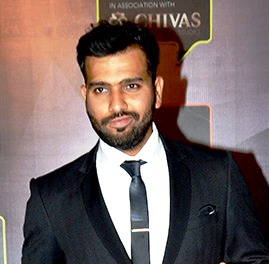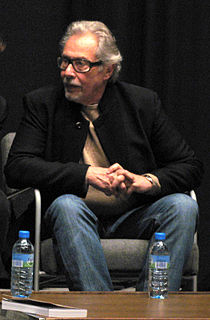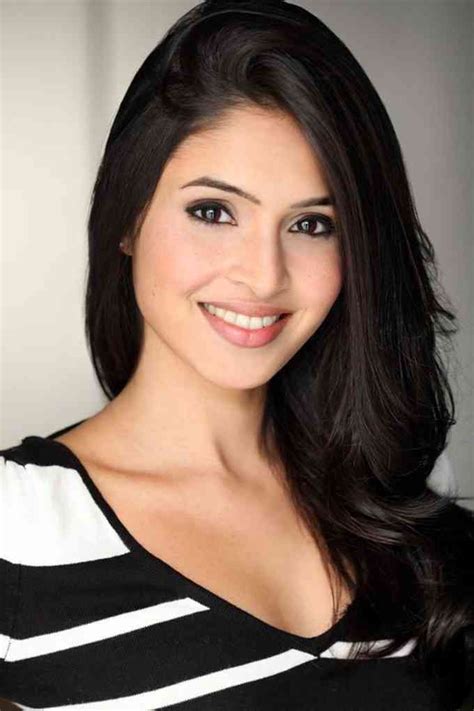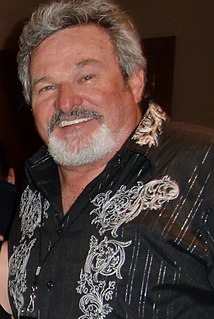A Quote by Eric Balfour
Having been an actor, I always want to leave room for the actors to find their comfort zone, so I don't like to be too rigid in how I plan my shots. It's different if you have weeks to rehearse and you can rehearse on your sets or in your locations and you can plan that out with your actors, but in modern independent filmmaking, you don't really have that time. You have to have a certain level of improvisation.
Related Quotes
In theater, you get to rehearse several weeks, you memorize everything, and by the time you open, you know what the play is. In film, it's almost the opposite. You do your work on your own and maybe have a couple of minutes to rehearse. When the camera rolls, you generally don't know what's going to happen.
At eight o'clock the curtain goes up and that's it, you're out there with yourself, the audience, the other players. There's no "take two" business. You're on. The great thing is the rehearsals, too. When you're bouncing around on film sets and TV sets you don't really get the opportunity to - generally speaking - rehearse much. With theater you're kind of four-to-five weeks locked down in the room with the guys figuring stuff out. It's back to play school.
In the old days when I first was coming up, you would turn up on set in the morning with your coffee, script, and hangover and you would figure out what you were going to do with the day and how you were going to play the scenes. You would rehearse and then invite the crew in to watch the actors go through the scenes. The actors would go away to makeup and costume and the director and the DP would work out how they were going to cover what the actors had just done.
I love the rehearsal, as long as it's not over-rehearsed. I love it when the actors can rehearse until we feel really comfortable, and then the crew come in and shoot it. I'm not especially a big fan of rehearsing with the crew and the crew rehearsing and, "Let's rehearse this tracking dolly shot 25 times until it's just right." Television has to be shot a certain way to have a certain look. And sometimes the tried-and-true method is the best.





